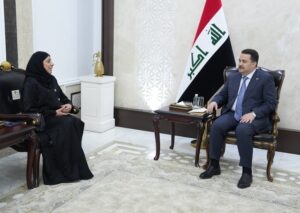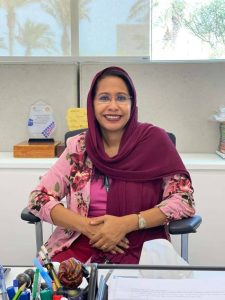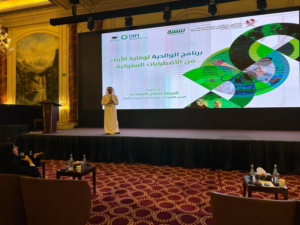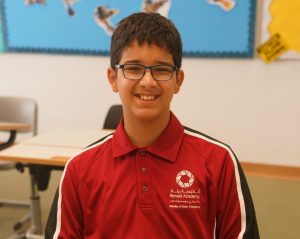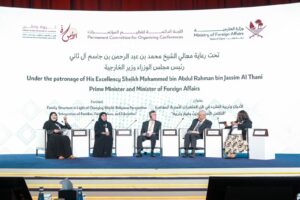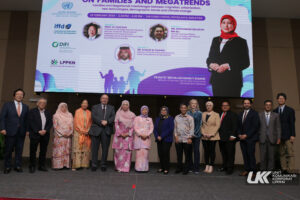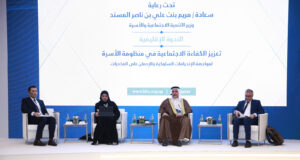July 12, 2024
DIFI highlights: Impact of technological transformation, climate change on families
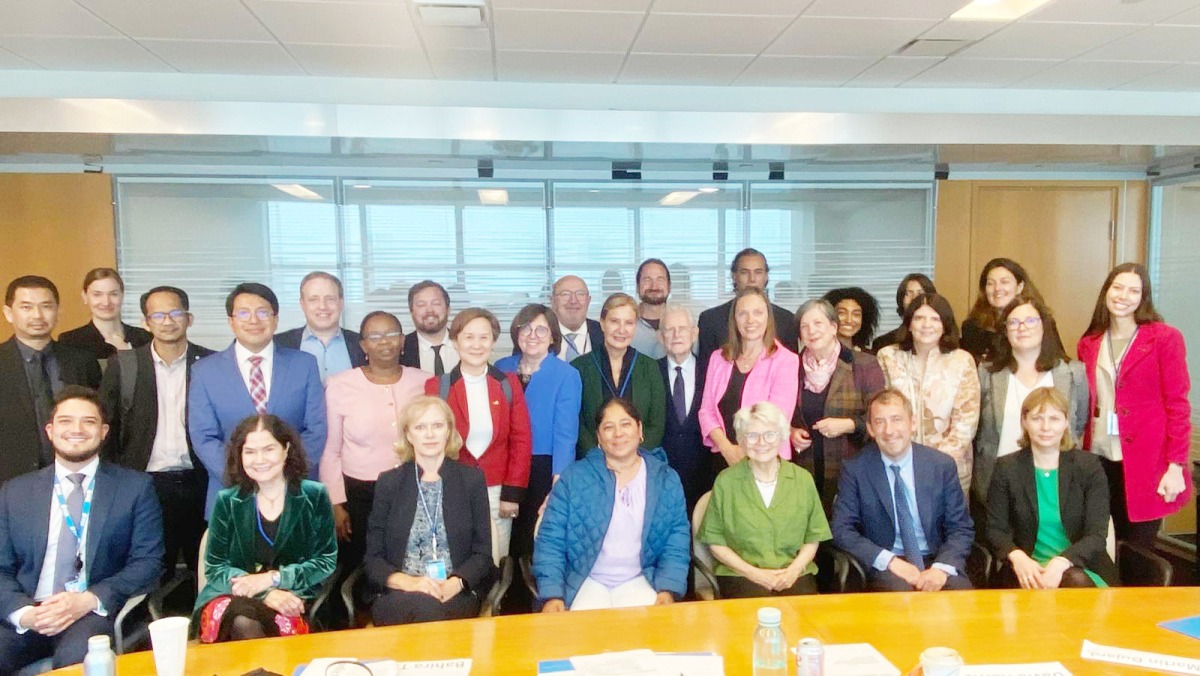
The EGMs were held in partnership with the United Nations Department of Economic and Social Affairs (UNDESA) and the Institute for Social Science Research (ISSR) at the University of Queensland.
The New York EGM discussed recommendations that included the need to develop and implement family support programmes promoting healthy communication skills, relationship management within families, reducing divorce rates, strengthening family stability, and contributing to environmental sustainability.
The EGM in Australia, meanwhile, brought together leading experts from across Australia, New Zealand, and the Pacific region to discuss the impact of global technology and climate change on family, and community dynamics in the regions. Dr. Khalid Al Naama, Director of the Family Research and Policy Department at Doha International Family Institute (DIFI), who represented DIFI at the EGM in Australia, said: “The interlinkage between technological advancements and climate change presents both challenges and opportunities for families across the region. Technology holds the potential to bridge divides, empower families, and foster work-family balance.”
Prof. Lisa McDaid, Director of ISSR, who co-hosted the Oceania EGM with DIFI and UNDESA, said: “Over two days, we shared updates from cutting-edge research of our participating experts, examined knowledge gaps, and framed policy solutions for how technology can bridge digital divides within families and communities, while also empowering climate action.
“The outcome will be robust recommendations for a sustainable future, supporting families and communities to thrive in an ever-changing environment.” Dr. Ahmed Aref, planning and content manager at DIFI, chaired a session on ‘Digital Literacy, AI & the Future: Navigating the Landscape for Families and Communities’, which covered policies such as promoting digital skills to strengthening familial relations and intergenerational ties, alongside strategies to combat digital addiction, cyberbullying, and harmful content for younger generations.
Dr. Aref also suggested that the Oceania-wide recommendations resulting from the EGM will contribute to the 30th anniversary of the International Year of the Family global call to action.
The Australia EGM also highlighted digital identities, screen time, and digital parenting, and explored the practical tools families can adopt for sustainable behaviors in their daily lives, green parenting, eco-anxiety management, community action, and intergenerational climate education.
Executive Director of DIFI, Dr. Sharifa Al Emadi, also presented the outcomes of EGMs previously held in South Africa and the Middle East, highlighting the importance of recognizing the family as a factor for sustainable development and giving priority to social development through effective family-oriented policies at the national and international levels. Attendees also called for the development of digital literacy programmes and digital parenting programmes in response to technological progress and new patterns of uses.


